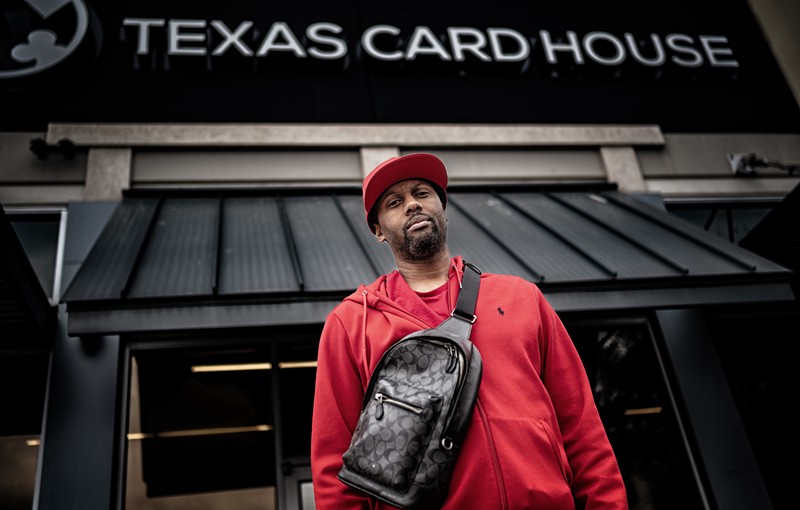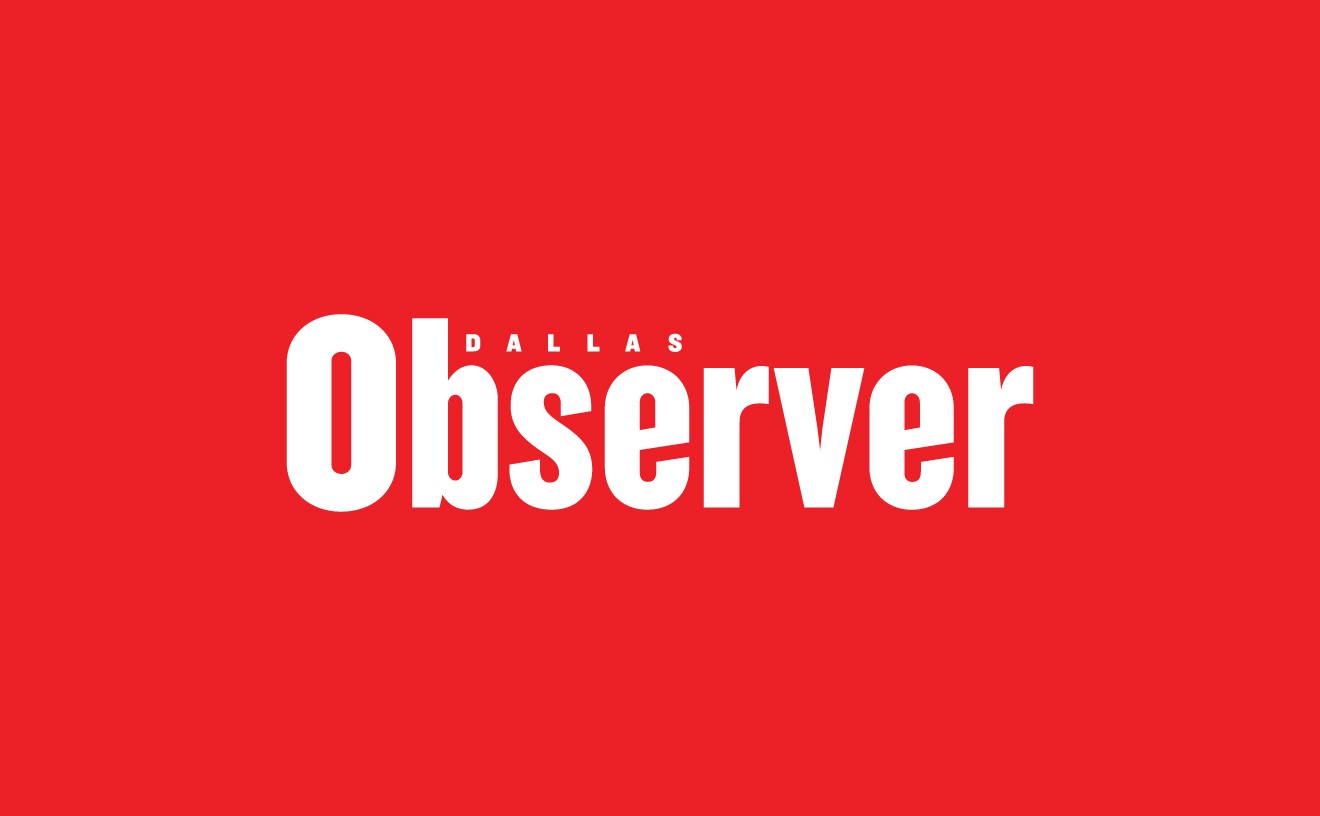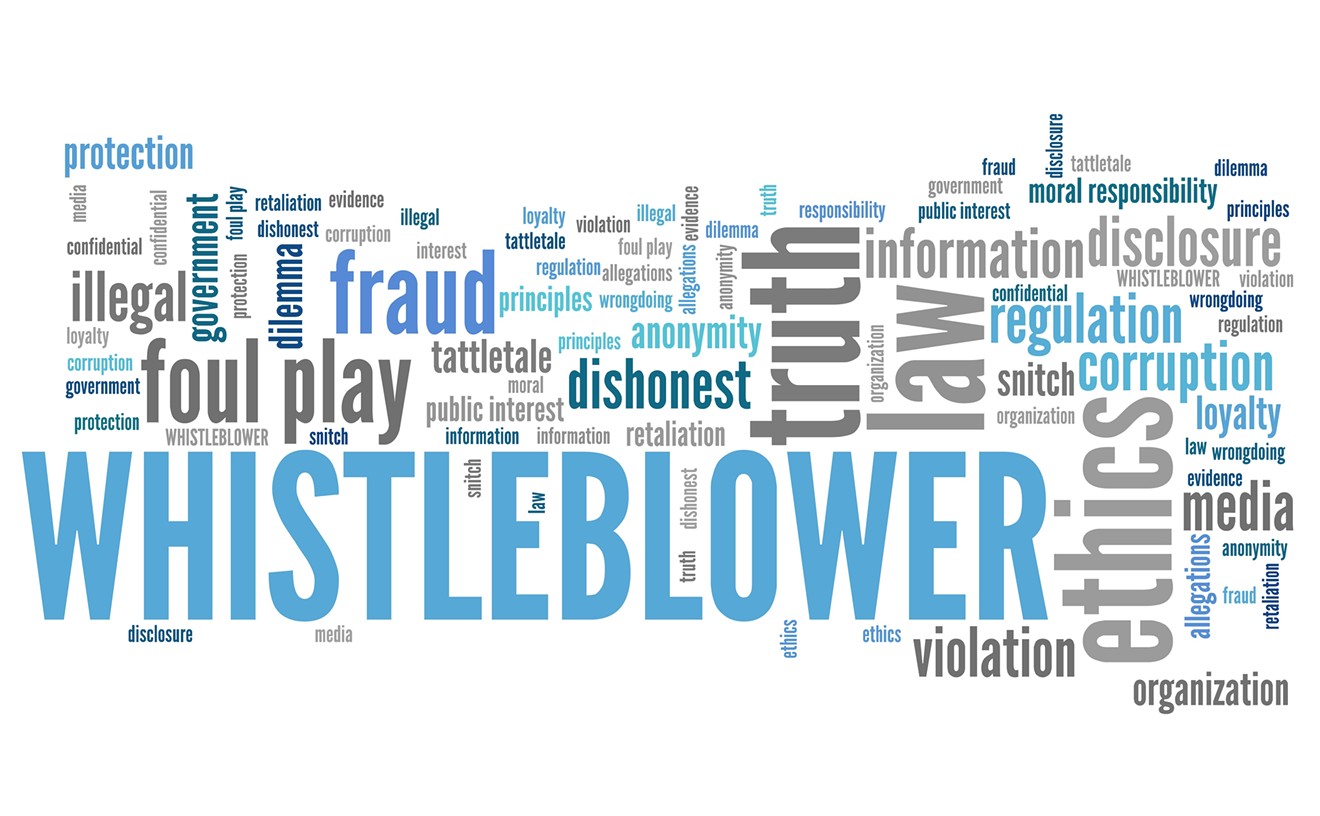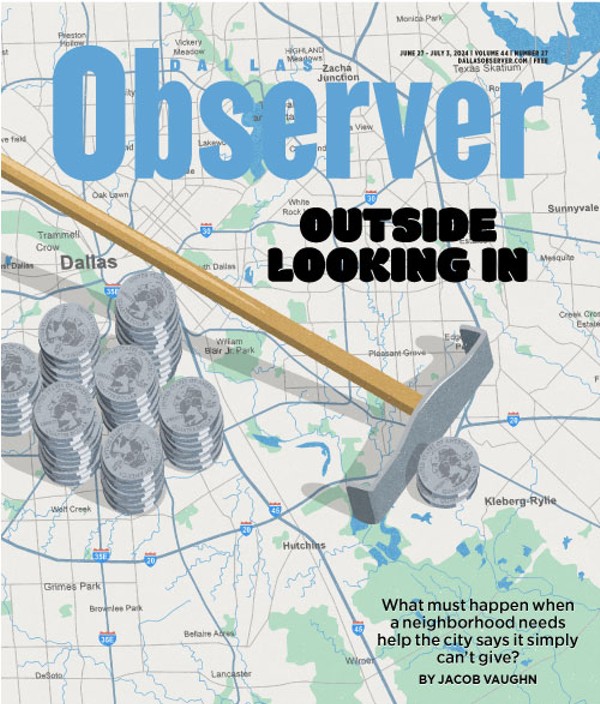Texas Card House, the poker club at the center of the suit, didn’t respond to a request for comment, and the city of Dallas doesn’t comment on pending litigation. But their legal arguments are laid out in court filings.
Before the city started acting to snatch the certificates back, it dished them out under an interpretation of Texas law that seems to make exceptions for gambling operations. Here’s the deal: If the gambling was being done in a private place, all players had an equal chance of winning and the house didn't take a cut of the pot, you were in the clear.
That’s how Texas Card House and other poker establishments in the state have been running, gathering membership fees and selling concessions to make their money.
Then, the city of Dallas changed its interpretation of the law. To Dallas Senior Assistant Attorney Gary Powell, these businesses aren’t private places, and this part of the law was intended to refer to private places like your home."The rooms definitely need to be working together at this point." – Shomari Williams, Dallas poker player
tweet this
So, the city started denying certificates for other poker businesses. One of them appealed because Dallas had already granted the certificates to Texas Card House, and this one planned to run under a similar business model. Then, despite the fact that nothing about the business had changed since opening in 2019, Dallas revoked the certificate for Texas Card House. Texas Card House appealed the decision to the city’s Board of Adjustment and won, largely because nothing about the business had changed.
The city didn’t like that and sued the Board of Adjustment over the decision to see what a judge would say. That judge, Moyé, sided with the city, saying the Board of Adjustment had abused its power in restoring the certificates to Texas Card House. So, the revocation of the certificates still stands, according to the district court.
The whole thing will likely end up in the Texas Supreme Court one day. Texas Card House is working on an appeal to the recent decision, asking Moyé to suspend enforcement until the appeal makes it through the courts.
Texas Card House argues in court filings that enforcement should be suspended during the appeals process because of the damages enforcement could do to the business. Lawyers for the club wrote in a Nov. 1 court filing that if enforcement isn’t suspended, it will be forced to close and dismiss more than 200 employees. The $2 million in construction and other start-up costs that have been spent on the club will essentially be thrown away. From there, the club may also have to break its lease, cancel bank accounts and pay off creditors.
The court will decide whether to suspend enforcement after a hearing on Nov. 28.
To Shomari Williams, a local professional player, now is the time for the poker community to come together. "The poker landscape is definitely unstable," he said. "If they can go after the Texas Card House, who also probably has the biggest legal team, then they can go after any room and revoke permits. The rooms definitely need to be working together at this point."












